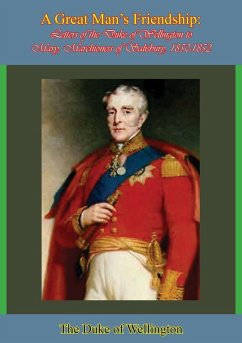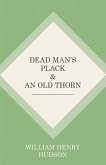Originally published in 1927 and edited by Lady Winifred Anne Henrietta Christiana (Herbert) Burghclere, this book is a collection of the Duke of Wellington's letters to one of his regular correspondents and friend, Mary Catherine Gascoyne-Cecil, Marchioness of Salisbury. The letters in this volume cover the years 1850-1852-the last two years of the Duke of Wellington's life. It ends with the Duke's final note dated September 13, 1952, the eve of his death."e;The Duke's actions were sometimes mistaken, his judgments sometimes faulty, but the advocatus diaboli can find nothing to challenge in the limpid sincerity of his selfless motives. In these letters, too, the man's kindliness, the "e;good nature"e; he proclaimed as so important an ingredient, even in public affairs, is markedly apparent."e;It is also an illustration of the force of willpower to see an octogenarian able to put through the business which every day brought him. He might grumble that "e;every animal but the Duke of Wellington is allowed a rest,"e; but the myriad tasks, the countless courtesies and kindnesses, were achieved largely by his lifelong system "e;to do the business of the day in the day."e;It is therefore to be hoped that the perusal of these letters will give their readers a more intimate acquaintance with one whose whole career and character must be a source of pride to those of his own race."e;Illustrated with Portraits.
Dieser Download kann aus rechtlichen Gründen nur mit Rechnungsadresse in A, B, BG, CY, CZ, D, DK, EW, E, FIN, F, GR, HR, H, IRL, I, LT, L, LR, M, NL, PL, P, R, S, SLO, SK ausgeliefert werden.









